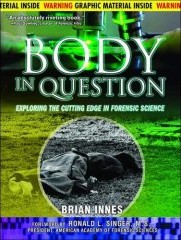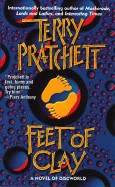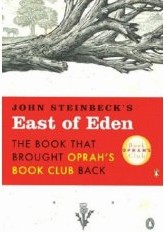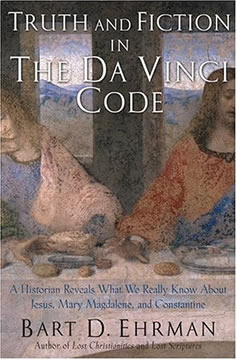Cosmopolis (2003)
by Don DeLillo.
As best I can tell, a
sociopathic greedy fund-manager, Eric Packer,
is a financially over-extended NYC SOB.
He is murdered and his whole day (well, most of it)
flashes before his eyes.
Or maybe the whole story is the fantasy of Benno Levin, a past junior employee
close to the seabed on Packer's food chain.
Levin, now an isolated social outcast, fantasizes about the kind of man he would like to murder.
You, as they say, decide. If you care. Either way, it's a surreal farce.
Packer willfully ruins himself, his wife, his clients, et al.
He accidentally meets his wife of 22 days around each meal time on one day.
Or a woman who he thinks might be his wife, as he is vague on what she looks like.
In one of his many unmotivated acts, he murders his chief body guard.
There is an inside joke about the rat becoming the unit of currency.
To me, Packer is, in fact, a rat who would like to become the unit of currency.
His barber says: "I never seen such ratty hair on a human";
but I've never seen such human hair on a rat.
The best book
I've read by DeLillo is the brilliant
The Body Artist.
Underworld
is the worst.
Cosmopolis is not as bad as
Underworld.
 Links.
Links.
 Booker Prizes.
Booker Prizes.
 Books read.
Books read.
 Best writers of poetry and prose.
Best writers of poetry and prose.
 Best book read.
Best book read.
 Why read a book?
Why read a book?
 New books on Christianity and Spirituality by Pagels, Ehrman, et al.
New books on Christianity and Spirituality by Pagels, Ehrman, et al.
 Harry Potter;
also
Harry Potter en Español.
Harry Potter;
also
Harry Potter en Español.




